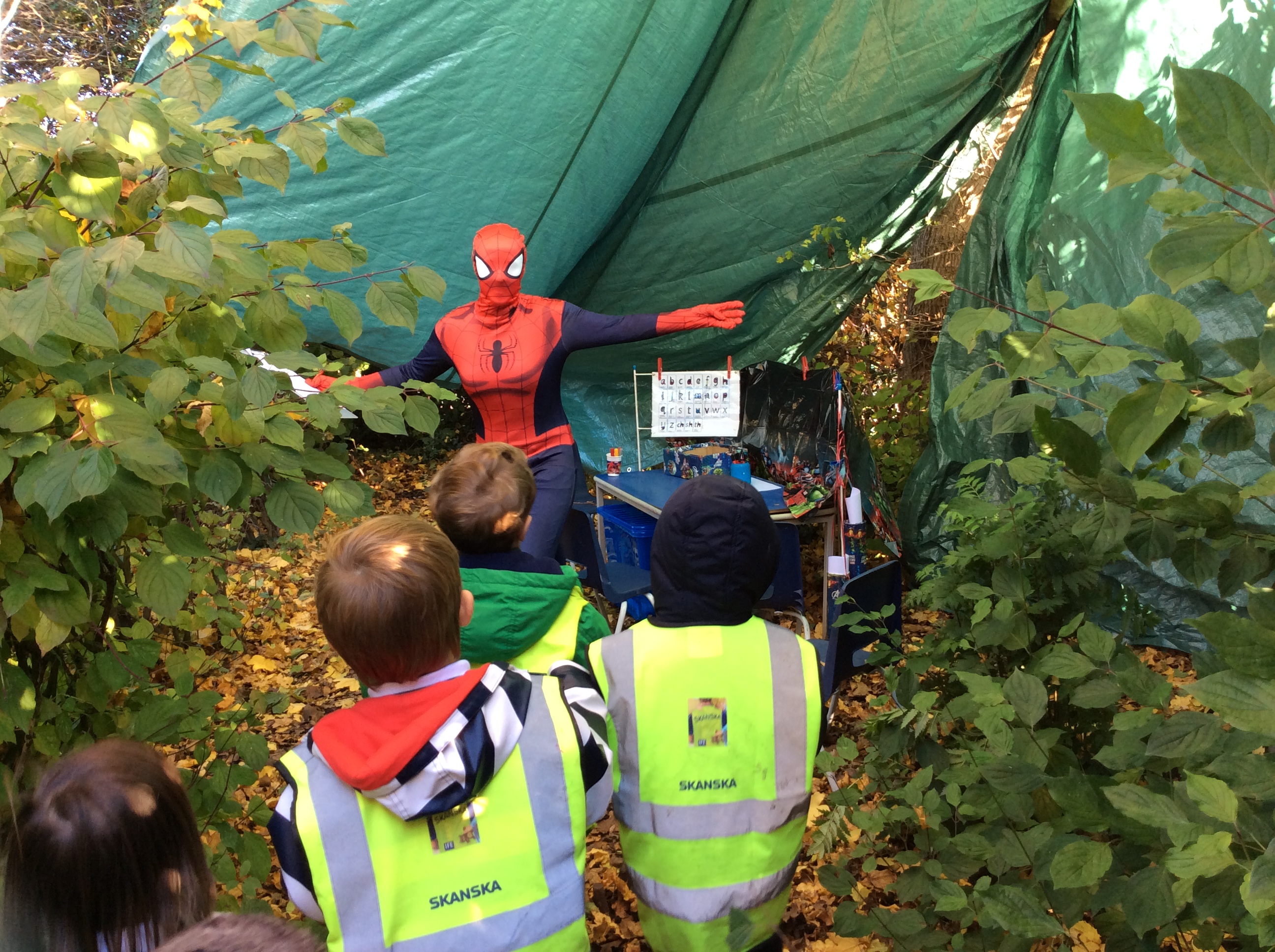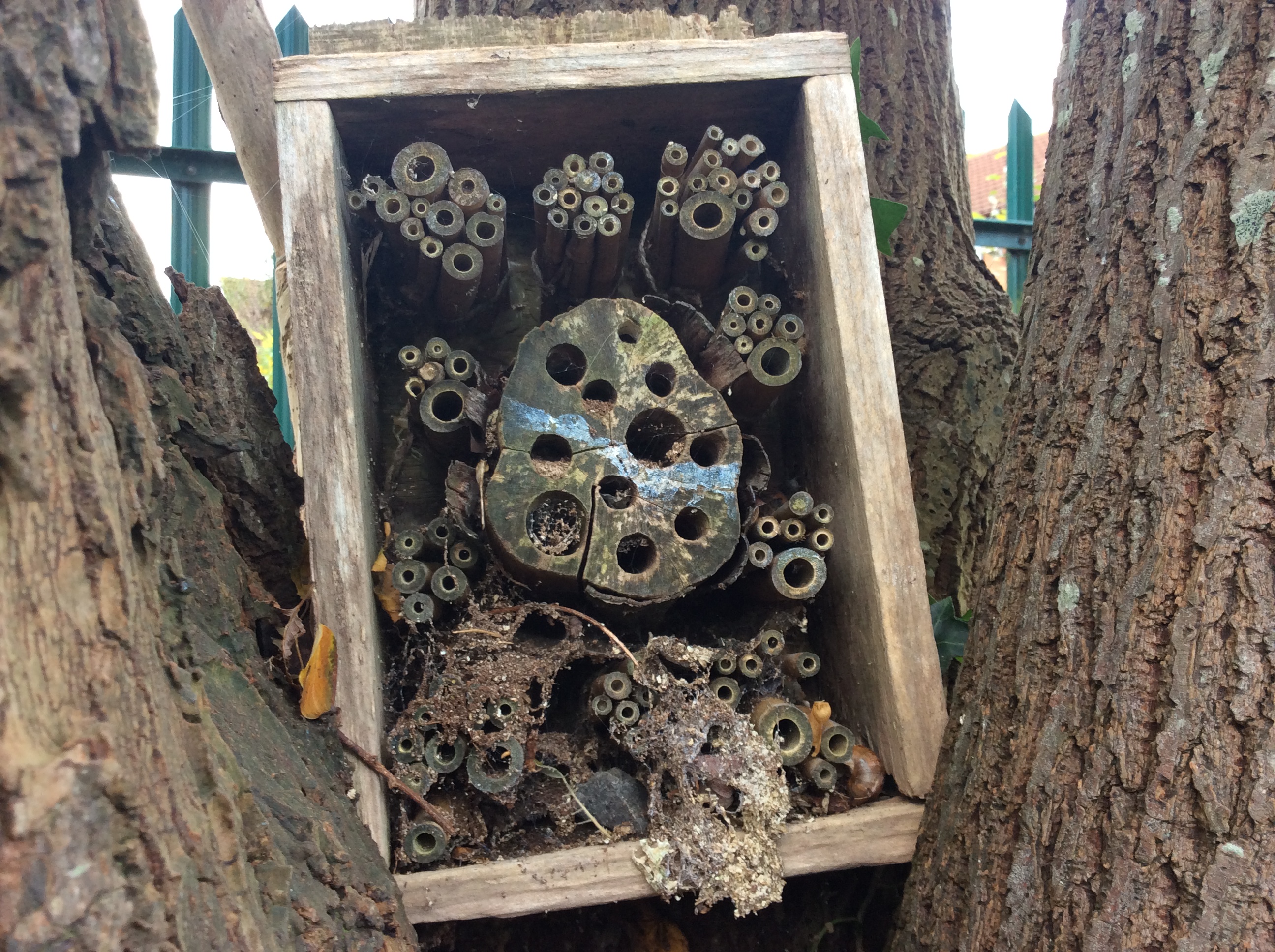Within primary education today there are a variety of assessment platforms being used to gather, store and analyse children’s educational data. What are the implications for all of this data gathering or ‘datafication’ on children’s educational and social experiences in school? In particular I will focus on the recent government drive to reintroduce a Baseline Assessment on children starting school this September.
Williamson (2017) explains that’ ‘datafication’ refers to the transformation of many aspects of education into quantifiable information that can be inserted into databases for the purposes of enacting different techniques of measurement and calculation (Williamson, 2017, p.9). The Reception Baseline is exactly that, it is a measurement of a child’s progress from their start in school to the end of their primary years. However, rather than being a tool for teachers to use to support children’s educational progress and development, it is merely a figure that will be unknown to the teacher and used as a school accountability measure when the pupils reach the end of their primary education. Bradbury and Roberts-Holmes (2016) state in their research project that
‘Extensive research on the use of assessments for accountability has shown the potential impact on pedagogy and curriculum, classroom organisation, teacher’s work-load and feelings of professionalism’ (Bradbury & Roberts-Holmes, 2016, p.9)
Their research concluded that the reintroduction of a Baseline Assessment for 4 year olds was ‘problematic at best, and potentially damaging at worst’ (Bradbury & Roberts-Holmes, 2016, p.53). Teachers are rightly sceptical as to whether the assessment platforms used can truly assess children’s ‘baseline’ and recognise that the first few weeks of school are crucial for building relationships, establishing routines and settling children into a new educational and social environment. Shockingly in 2015 schools were asked to select a Baseline Assessment provider from a list of approved private providers. All other standardized assessments in UK primary schools are supplied by the Standards and Testing Agency (STA). Why should baseline be supplied by private providers and how do they benefit? Unsurprisingly the data collected in September 2015 cannot be compared between schools as intended because schools used different providers! However, the private providers were all paid for their assessment platforms.
Education can be seen as big business! There are Edtech projects being funded and developed that see the current education system as fundamentally flawed and propose educational technology as part of the solution and future of education. Williamson (2017) states that the ‘solution is in the hands of software developers and hackers who write codes'(Williamson, 2017,p.3) Furthermore he goes on to express that ‘with webs of political support and entrepreneurial investment for educational technology growing, a new digital future for education is being imagined and pursued in governmental and private settings alike, with significant consequences for learning, policy and practice'(Williamson, 2017,P.3)
What is being measured and how it is being measured have serious and lasting implications for our current UK education system. If the data collected is only about children’s literacy and numeracy, that sends a powerful message that that is what is valued and what schools will ultimately be held accountable for. This can be seen to be extremely reductionist and as Selwyn explains
‘a recursive state where data analysis begins to produce educational settings, as much as education settings producing data’ (Selwyn, 2015)
Teachers need to develop a critical awareness of the impact of ‘datafication’ in education to enable them to push back against what Selwyn (2015) describes as ‘top-down’ data initiatives. He looks at the purposes of data across the educational landscape and discusses the possibility of data reproducing and adding to social inequalities. This is certainly the case with the current Baseline Assessment Pilot that took place in Sept 2019. The test was supposedly designed to be inclusive yet was only available in English and took no account of children with English as an additional language or children with Special Educational Needs and Disabilities.
Boyd & Crawford (2012) state that ‘Big Data’ is a socio-technical phenomenon. Their article focuses on Big data in a social media context, however, there are parallels that can be drawn between the use of big data in any context. Questions such as who controls the data? Who can use the data? and what questions do they dare to ask of the data? are all of interest and can reveal the power relationships, assumptions, biases and inequalities that are part and parcel of any data set.
There is no doubt that data is extremely useful in educational settings and that informed, thoughtful collection and analysis can support the effectiveness and efficiency of educational institutions. However, the proposed Baseline Assessment of 4 year olds is an extremely controversial education policy that is completely based on the ‘datafication’ of our children.
References
Williamson, B. (2017) Big Data in Education: The Digital Future of Learning, Policy and Practice. London: SAGE Publications LTD
Boyd, D. and Crawford, K. (2012) Critical Questions for Big Data, Information, Communication and Society, 15(5), pp.662-679
Bradbury, A. and Roberts-Holmes, G. (2016) “They are children…not robots, not machines” The Introduction of Reception Baseline. UCL Institute of Education
Selwyn, N (2015) Data Entry: towards the critical study of digital data and education, Learning, Media and Technology, 40(1), pp.64-82
Selwyn, N (2017) Education and Technology Key Issues and Debates. London: Bloomsbury Academic






 Children inspired a superhero den outside that provided a wealth of child initiated writing experiences
Children inspired a superhero den outside that provided a wealth of child initiated writing experiences





